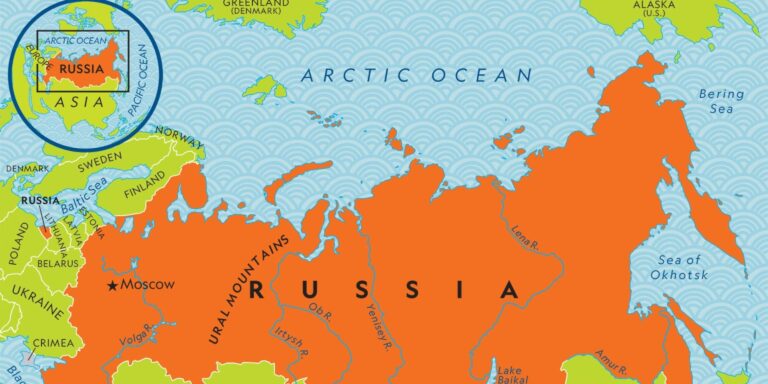Russia has reported that President Vladimir Putin has urged Israel to prioritize diplomatic efforts over military action in its dealings with Iran. According to Reuters, the Russian leader emphasized the importance of dialogue to resolve tensions in the region, amidst ongoing concerns about Iran’s nuclear program and Israel’s security considerations. This development highlights Russia’s role as a key player seeking to mediate conflicts in the Middle East.
Putin Calls for Diplomatic Engagement Over Military Action in Israel Iran Relations
Russian President Vladimir Putin has emphatically called for a shift from military confrontations to diplomatic channels in the escalating tensions between Israel and Iran. Highlighting the catastrophic consequences that armed conflict could unleash on the region, Putin urged both nations to prioritize dialogue and negotiation over strikes and punitive measures. His remarks come amid rising concerns about the stability of the Middle East, where proxy conflicts and ideological divisions have long complicated peace efforts.
- Putin proposed renewed talks under international mediation to ease hostilities.
- The Kremlin emphasized the importance of respecting existing agreements.
- Russian officials called on global powers to facilitate constructive engagement.
| Country | Current Position | Putin’s Suggested Approach |
|---|---|---|
| Israel | Military readiness heightened | Diplomatic negotiations |
| Iran | Defensive posture, regional influence | Peace talks, confidence-building |
| Russia | Mediator and influencer | Promoting de-escalation |
Analysis of Russia’s Role as Mediator in Middle East Tensions
Russia’s diplomatic engagement in the Middle East continues to shape the complex geopolitical landscape, as President Vladimir Putin advocates for dialogue over military confrontation. In recent interactions, Putin urged Israeli officials to prioritize diplomacy rather than resorting to airstrikes against Iran, signaling Moscow’s desire to position itself as a stabilizing force amidst escalating tensions. This stance not only reflects Russia’s strategic interests in maintaining influence over both Israel and Iran but also underscores its broader ambition to project itself as an indispensable mediator capable of balancing competing regional narratives.
The effectiveness of Russia’s mediation efforts is multifaceted, encompassing a combination of political leverage, military cooperation, and economic ties across the Middle East. Key elements of Russia’s approach include:
- Bilateral engagement with Israel and Iran to foster communication channels
- Strategic military presence in Syria as leverage in regional negotiations
- Energy diplomacy that aligns interests of the key actors involved
| Role | Key Actions | Impact |
|---|---|---|
| Mediator | Facilitates dialogue between Israel and Iran | Reduces risk of direct conflict |
| Power Broker | Maintains military foothold in Syria | Enhances geopolitical influence |
| Economic Partner | Coordinates energy agreements | Promotes regional stability through cooperation |
Recommendations for Israel to Pursue Dialogue Amid Rising Regional Pressure
In light of escalating regional tensions, Israel stands at a crossroads where calculated diplomatic engagement could serve as a vital alternative to military action. Embracing dialogue offers an opportunity to reduce misunderstandings and build channels of communication, even in a complex environment marked by distrust. Experts suggest that Israel leverage back-channel diplomacy alongside public diplomatic initiatives, aiming to de-escalate provocations and foster indirect negotiations with Iran through mutual intermediaries.
Practical steps for Israel include:
- Initiating low-profile diplomatic talks focused on reciprocal security guarantees.
- Collaborating with neutral regional actors to mediate and facilitate dialogue.
- Utilizing international forums to voice concerns while supporting conflict resolution efforts.
| Key Focus | Expected Outcome |
|---|---|
| Back-channel Negotiations | Reduced risk of miscalculation |
| Regional Mediation | Expanded trust networks |
| International Engagement | Global support for stability |
Key Takeaways
As tensions continue to simmer in the Middle East, Russia’s call for diplomacy over military action underscores the complex international dynamics at play. President Putin’s urging for dialogue between Israel and Iran reflects Moscow’s interest in promoting a negotiated resolution amidst ongoing regional uncertainty. How these appeals will influence future developments remains to be seen, as global powers watch closely for shifts in strategy and engagement.




